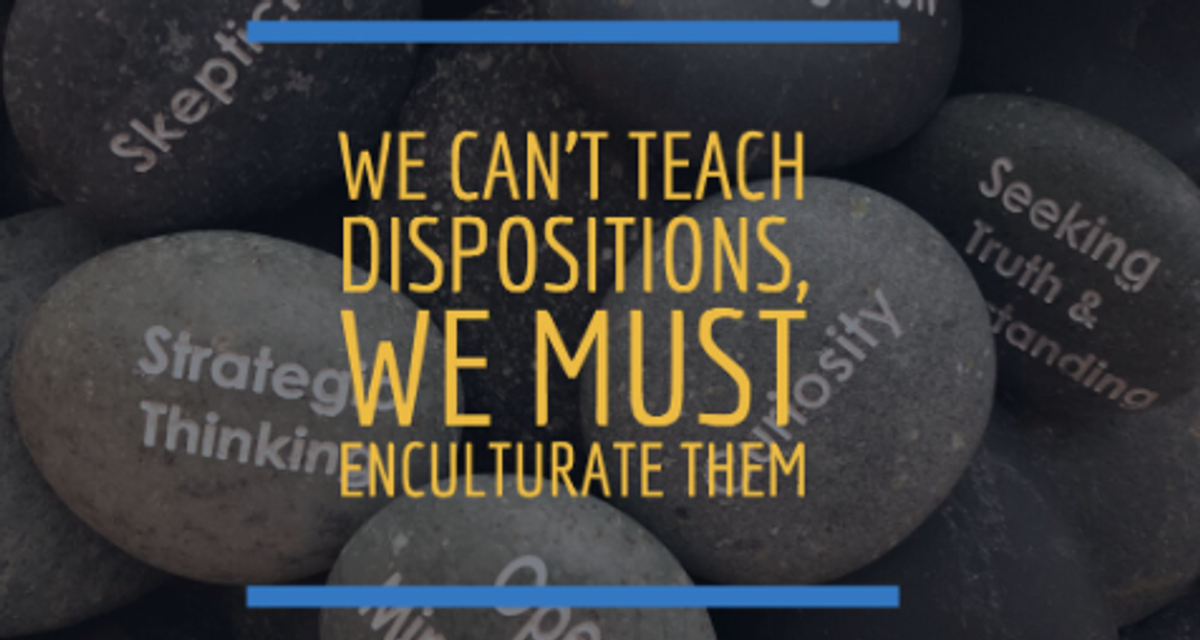Leadership skills but what about dispositions?

Dr Ron Ritchahart Harvard Graduate School of Education Project Zero Cultures of Thinking in Action
Whilst leadership dispositions and leadership skills are closely related, they represent different aspects of leadership capability.
Leadership Skills are the specific abilities or competencies that enable leaders to perform tasks effectively. Examples of leadership skills include strategic planning, conflict resolution, decision-making, communication, and delegation. Skills are action-oriented and can be developed through training, practice, and experience.
Leadership Dispositions are the inherent qualities, attitudes, and mindsets that influence how a leader approaches their role and interacts with others. Examples include empathy, integrity, adaptability, resilience, and a commitment to lifelong learning. Dispositions shape a leader's character and determine their ability to inspire trust, motivate others, and sustain their vision in challenging situations.
Why Both Are Equally Important
- Dispositions Drive Behaviour: A leader with the right skills but lacking empathy or integrity may struggle to build trust or foster collaboration. Dispositions often guide how skills are applied.
- Skills Ensure Practical Application: Dispositions without corresponding skills may result in a leader who is well-intentioned but unable to execute plans or solve problems effectively.
In essence, dispositions form the foundation of leadership character, while skills are the tools that bring leadership to life. Successful leaders integrate both to inspire, influence, and achieve meaningful outcomes.

